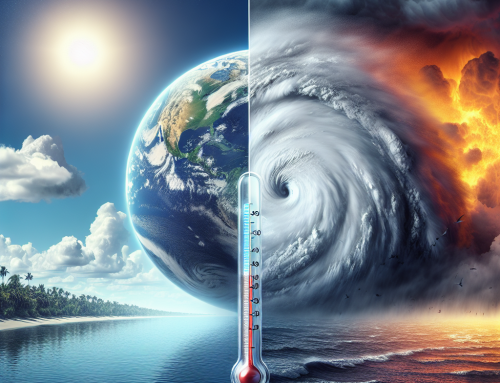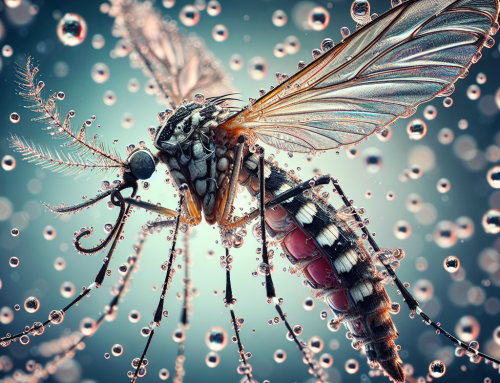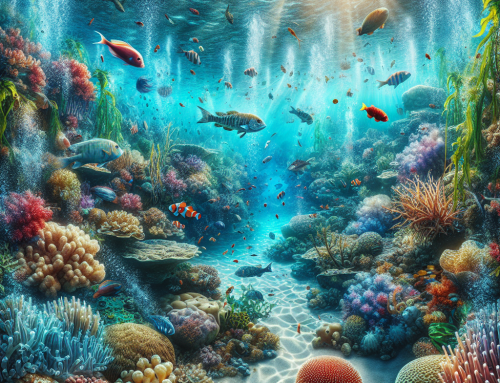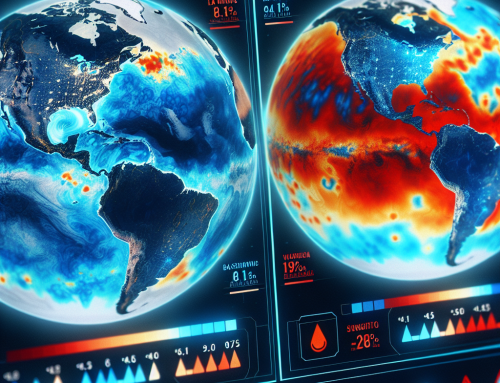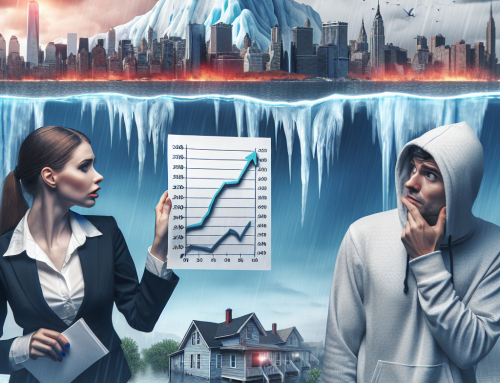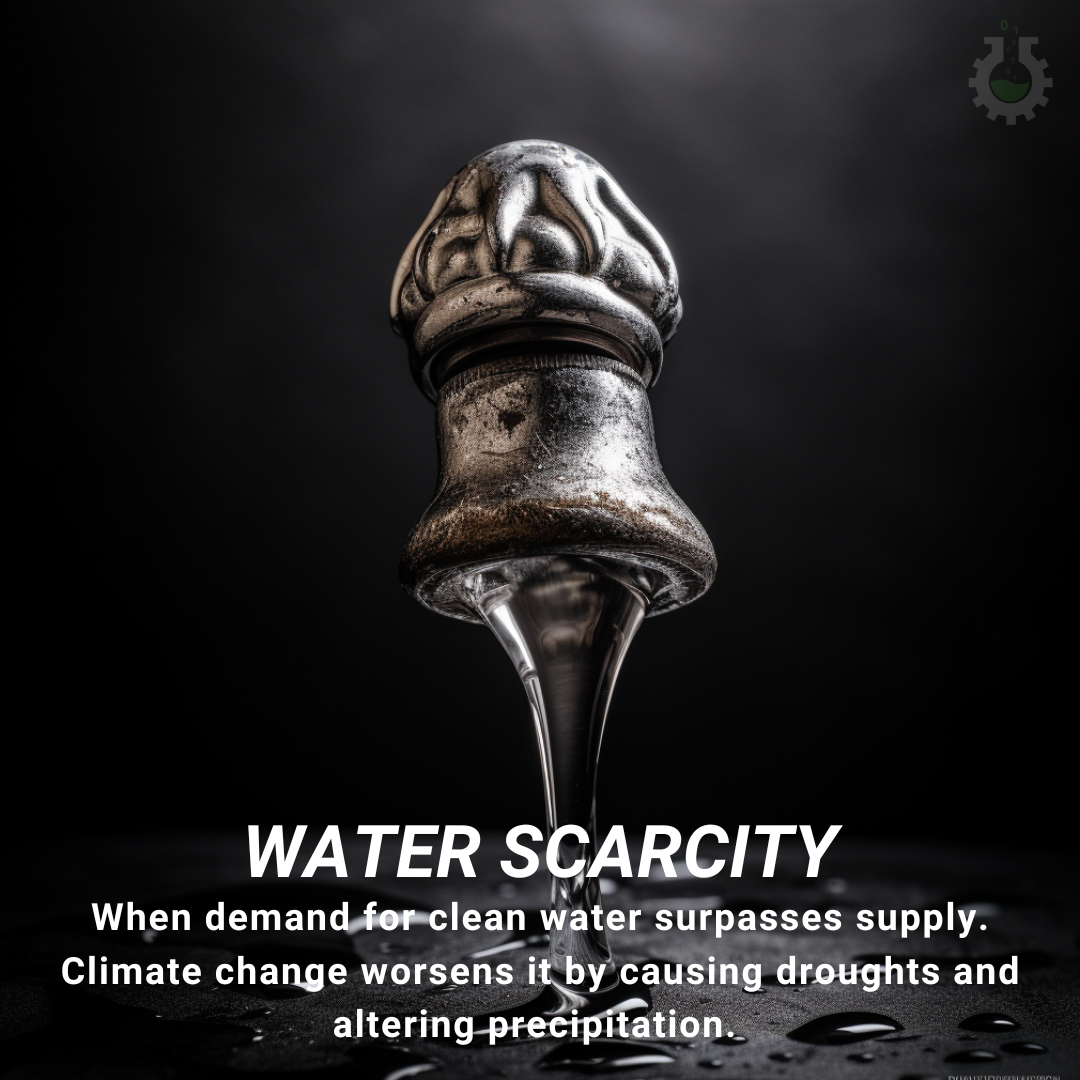
Today’s Climate Change Poster Collection highlights Water Scarcity. Climate change is a global crisis, and its impact is being felt in every corner of the world. One of the most critical areas affected by this issue is water access. As global temperatures rise, the world is experiencing more severe droughts, floods, and significant changes in the water cycle.
Increased global temperatures lead to higher rates of evaporation. This results in more atmospheric water vapor and, consequently, more frequent and intense rainfall. While rain is a critical part of the natural water cycle, too much of it can cause severe flooding. This is not just a problem for the people and properties in the path of these floods, but also for our water supplies. Flooding can lead to water contamination as excess runoff carries pollutants into larger bodies of water. This not only limits water access for humans and ecosystems, but also contributes to harmful algal blooms.
Rising temperatures don’t just cause floods; they are also causing our planet’s freshwater glaciers to melt. This results in rising sea levels and the potential for saltwater to contaminate our freshwater resources. In drought-prone regions, desalination has become a necessary but costly solution to this problem.
Furthermore, decreased snowfall in the Northern Hemisphere, another result of warmer temperatures, is reducing the amount of water available for agriculture. To address this, mitigation efforts like local food sourcing and a transition to renewable energy sources are being employed.
Some countries are already feeling the effects of these changes more severely than others. For instance, Jordan faces a dire freshwater future due to climate change. Unless global greenhouse emissions are significantly reduced, this country, among others, will experience increased droughts.
The World Health Organization has issued a stark warning about the future. They predict that by 2025, half the world’s population could be affected by intense water shortages. These shortages won’t just be caused by decreased rainfall, but also by extreme weather patterns that include prolonged dry spells and dangerous floods.
The potential repercussions of global warming extend beyond just water access. As global warming continues, we could see the spread of diseases like malaria and dengue fever due to extended mosquito habitats. Additionally, increased atmospheric carbon dioxide levels could lead to nutrient-deficient crops, further threatening our food supplies.
The impacts of climate change on water resources are widespread and severe. It is a crisis that demands immediate action from governments, businesses, and individuals around the world. The future of our water supplies – and our planet – depends on it.
Discover an inspiring collection of climate change posters.


